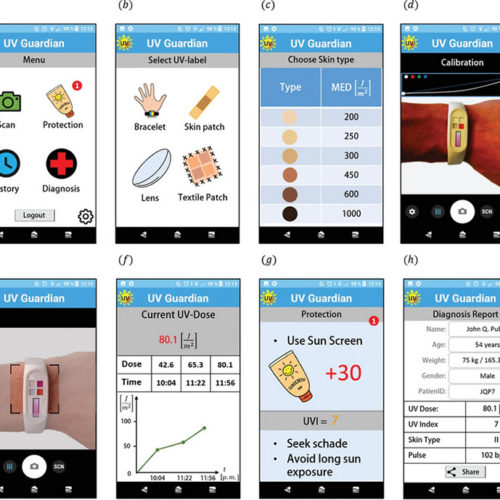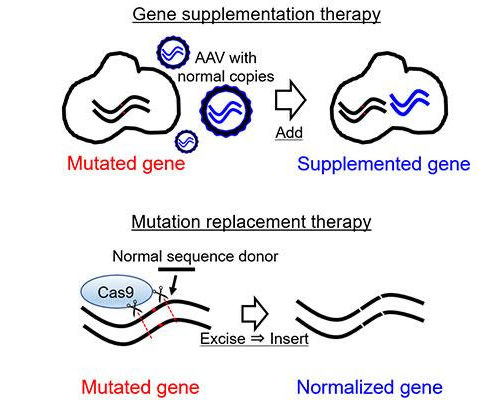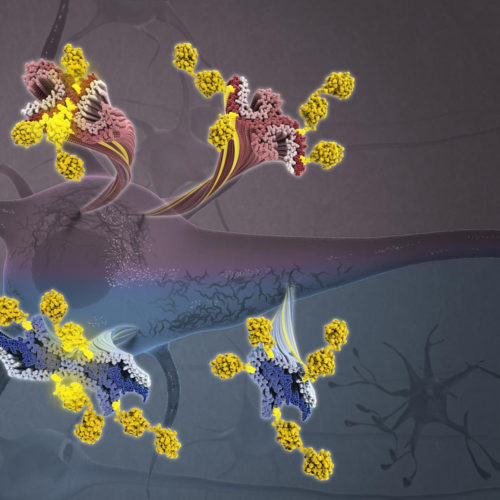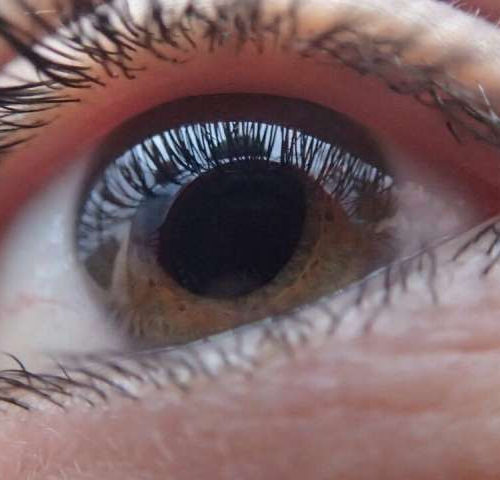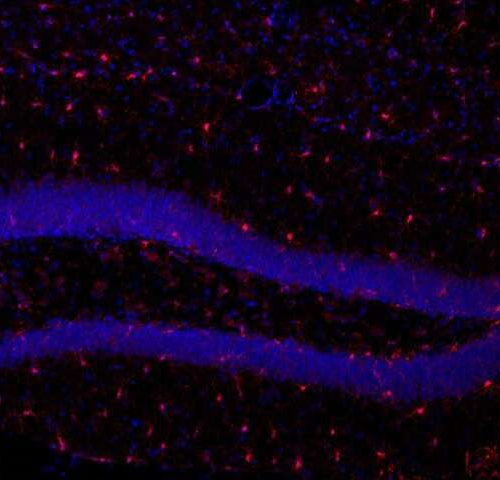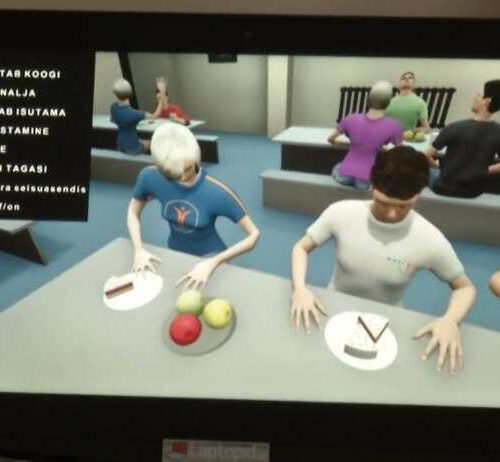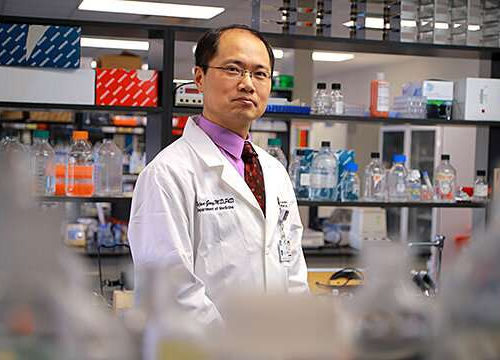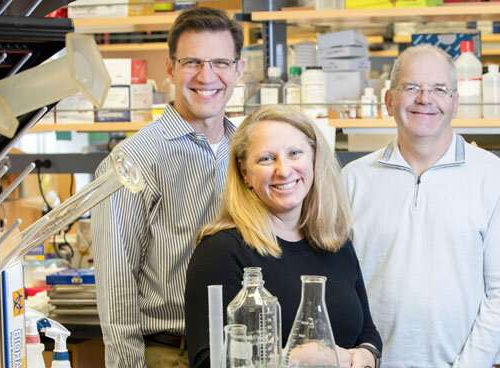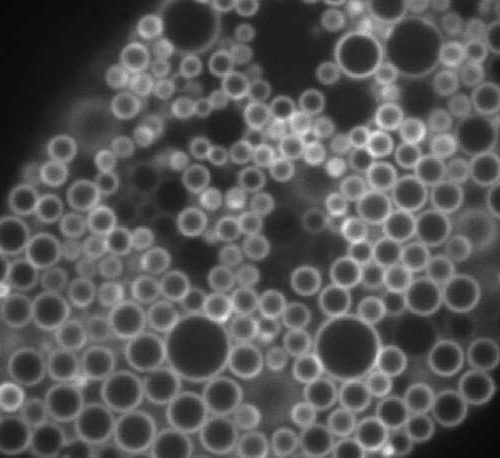FEBRUARY 6TH, 2020 MEDGADGET EDITORS MATERIALS Exposure to ultraviolet (UV) light can lead to the development of skin cancers, so limiting how much time one spends under the Sun’s rays and using sunscreen when necessary is critically important. Currently, there are few tools available that notify users of their UV exposure, especially those that are...
New gene therapy method improves vision in mice with congenital blindness
TOHOKU UNIVERSITY Mice born blind have shown significant improvement in vision after undergoing a new gene therapy developed by a team of Japanese scientists The results were published on January 24th in Nature Communications. This new method is an alternative strategy of gene supplementation, which involves supplementing the defective gene, such as the ones that...
Scientists identify new biochemical ‘warning sign’ of early-stage depression
High levels of anthranilic acid in blood are indicative of an increased risk of developing major depressive disorder, new study from Japan says FUJITA HEALTH UNIVERSITY Chronic pain, or inflammation, is believed to be one of the major factors in the onset of major depressive disorder. Therefore, to better understand what happens physiologically during depression,...
Toxic protein, linked to Alzheimer’s and neurodegenerative diseases, exposed in new detail
Columbia-led team harnesses two powerful technologies to identify promising targets for diagnosing and treating neurodegenerative diseases THE ZUCKERMAN INSTITUTE AT COLUMBIA UNIVERSITY NEW YORK — The protein tau has long been implicated in Alzheimer’s and a host of other debilitating brain diseases. But scientists have struggled to understand exactly how tau converts from its normal,...
Research team delivers breakthrough for leading cause of blindness
by Queen Mary, University of London Researchers have identified a new protein linked to age-related macular degeneration (AMD) that could offer new hope for the diagnosis and treatment of the disease, which affects over 1.5 million people in the UK alone. The research team, made up of scientists from Queen Mary University of London, the...
Study in mice: Brain cells long thought of as passive play key role in memory
by Mark Dallas, The Conversation Microglia are resident immune cells in your brain that act as first responders, always on the lookout for trouble. Accounting for about 10% of our brain cells, they were historically thought of as passive bystanders in the brain until injury or infection kicked them into action. These cells were first...
Virtual reality programs support the treatment of children with acquired brain injury
by Estonian Research Council The use of virtual environments is a new and fast-developing field in pediatric neurorehabilitation. The first longitudinal study in Estonia on the cognitive and social rehabilitation of children with acquired brain injury was completed at the University of Tartu, confirming the efficiency of using computer-based programs and virtual reality for improving...
New biomarker could better predict diabetic kidney disease
by Tyrel Linkhorn, University of Toledo Clinicians may soon have a better way to predict which of their diabetic patients are most likely to develop kidney disease, allowing for earlier interventions that keep patients off lifelong dialysis or transplant waiting lists. In a study led by Dr. Rujun Gong, professor and director of kidney research...
Team tracks integrin’s role in lung function
by Bill Snyder, Vanderbilt University Beta-1 integrin, a critical component of epithelial extracellular matrix receptors, is essential for normal lung function in adulthood, researchers at Vanderbilt University Medical Center have discovered. In a mouse model, deleting the gene for beta-1 integrin from the epithelial cells lining the alveoli of the adult lung, where the exchange...
Fat droplets play surprise role in metabolism
by Howard Hughes Medical Institute In suspense novels, the most unassuming character sometimes turns out to be a mastermind, influencing events without attracting attention. That same storyline may be afoot in cells as well: an unglamorous fat-storing droplet appears to have a surprise role in controlling gene activity. The droplets prevent cells from activating genes...

